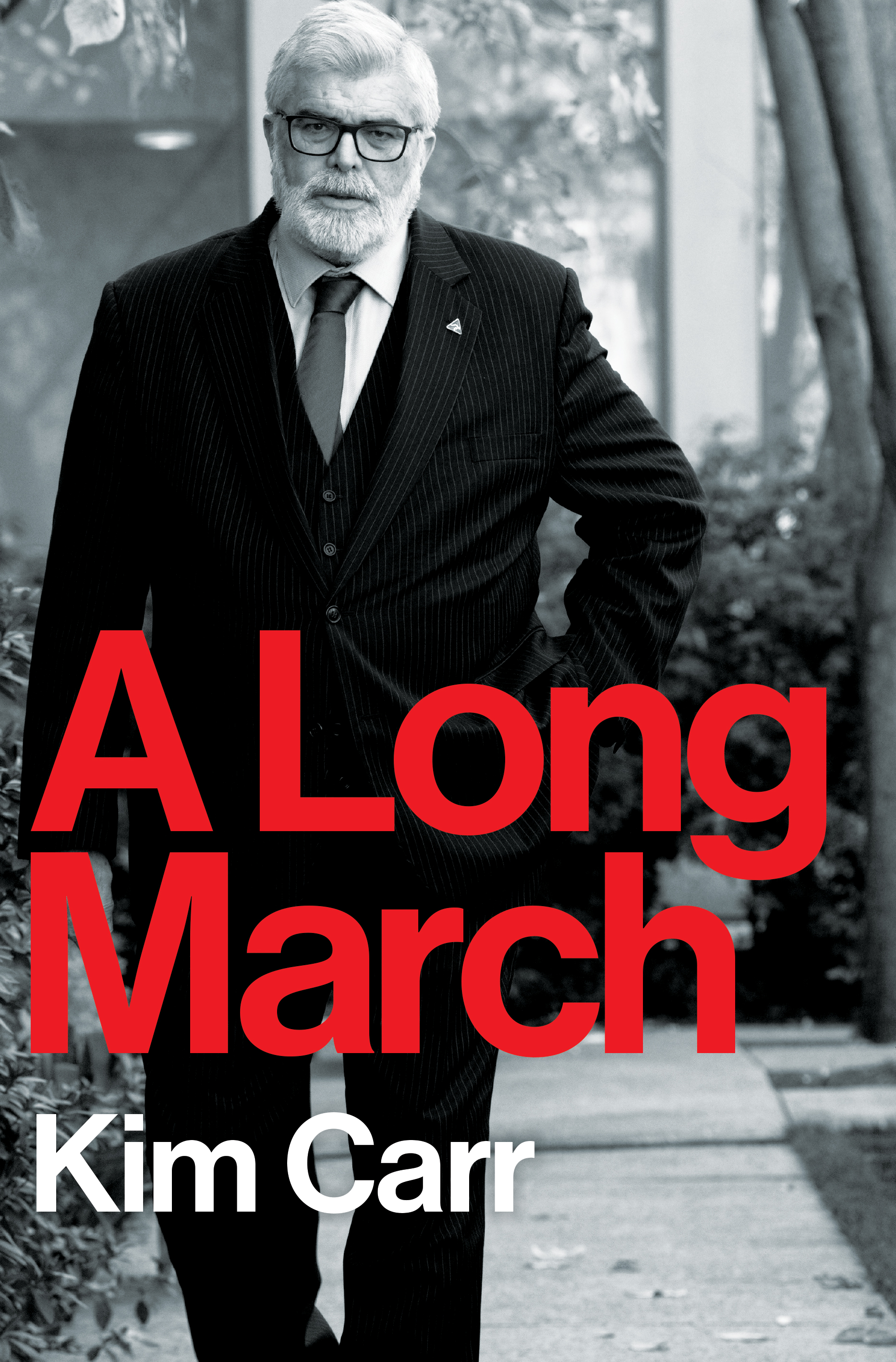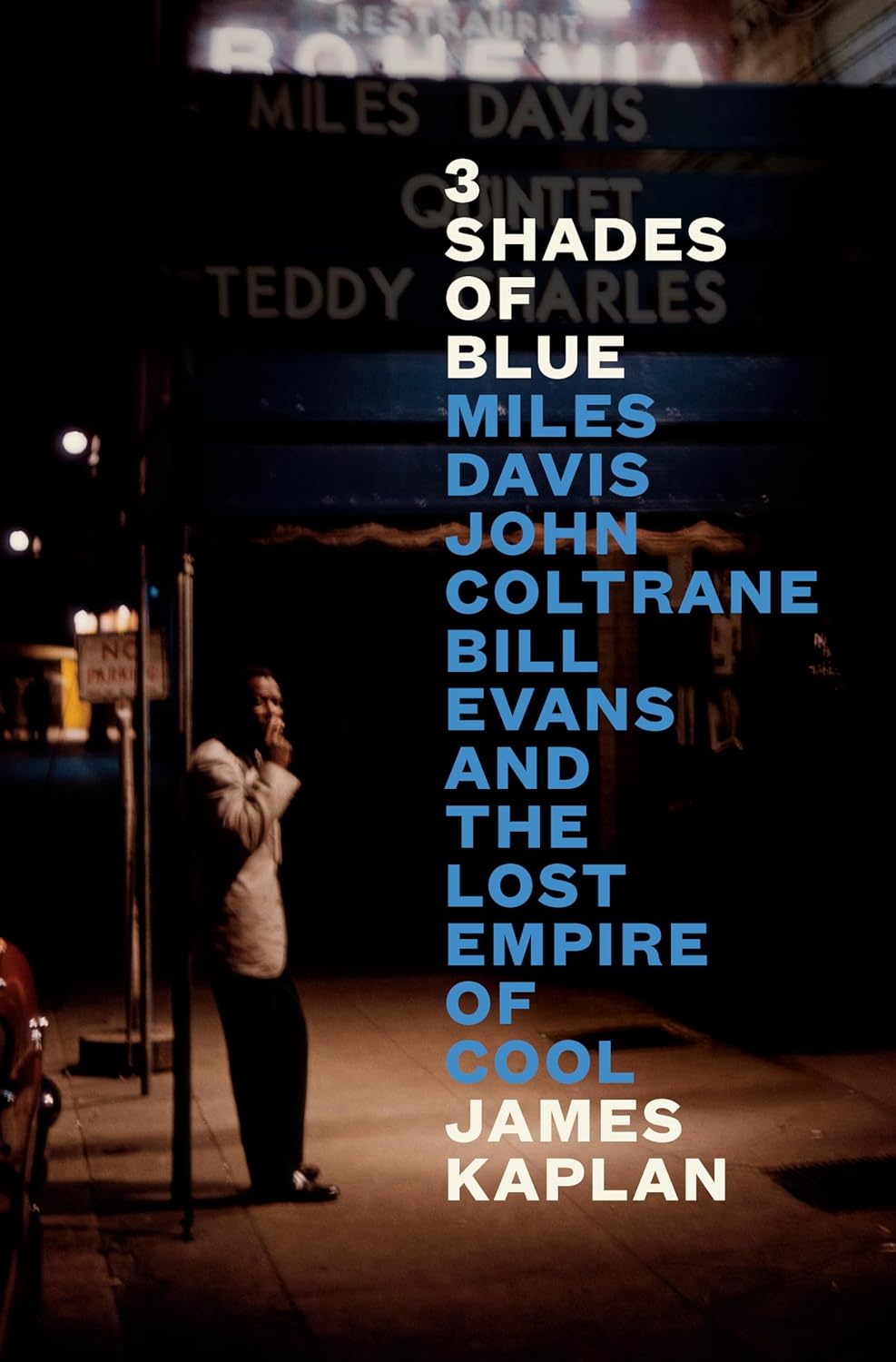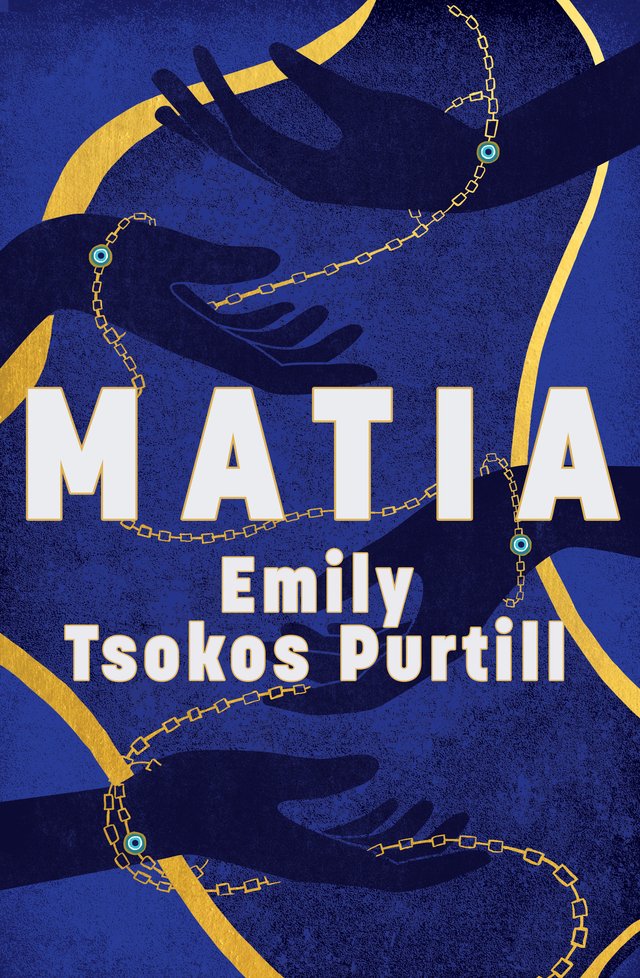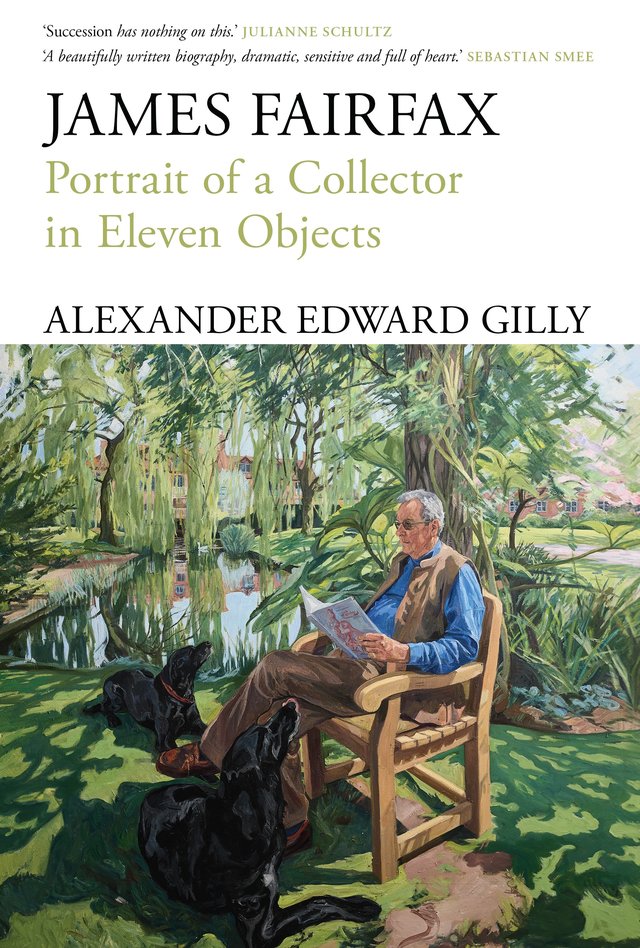New and Selected Poems
Giramondo, $29.95 pb, 320 pp
‘The unbearable sound’
J.S. Harry and her lapin alter ego, Peter Henry Lepus, would assuredly have had ‘words to say’ about the war in Ukraine and its manufacture by a group of human beings. Peter, a Wittgensteinian, would have pondered hard the nature of the war ‘games’ that preceded use of arms: games in which each ‘move’ was a crafted piece of language and (dis)information, known as ‘intelligence’ or ‘diplomacy’, but where the ‘endgame’ and ‘stakes’ would involve the disposition of human flesh and blood. ‘The dead do not have a world ... / A human’s world is language: “logic” & “words”, Peter thinks’ (‘After the Fall of Baghdad’).
Between 1971 and 2013, Harry (1939–2015) published eight full-length collections, including a Selected Poems in 1995. During her infancy, the world was at war. This may have left its mark; as has often been remarked, violence and death are never far off in her poems. Harry’s poetry remains acutely ‘relevant’ – to use a word that Harry applied (with inverted commas) to describe how other animals selectively attend to their portion of the world. (Harry – and Peter – were rather fond of inverted commas as a punchy way of dislocating words from the placid stream of language, in order to ‘hold [them], for a little while, and turn [them] gently’, as recommended by the title of her second book. Far from being a postmodern reflex, their deployment was a careful act inviting close attention to meaning.)
 J.S. Harry (photograph via Giramondo)
J.S. Harry (photograph via Giramondo)
An excellent feature of this book is that it gives us large chunks of Harry’s first four collections. As Martin Duwell has noted, the poems in this volume complement the set collected by Giramondo in Not Finding Wittgenstein: Peter Henry Lepus Poems (2007), though the reader is left to discover this relationship on their own. A few late Peter poems are in the ‘new’ section of this New and Selected. A recap of the story ‘thus far’ would have been a helpful addition; I suspect the poems’ characters will baffle a reader coming fresh to this volume without having read the 2007 collection.
Harry was most strongly polyphonic in her early collections. Harry’s first collection, the deer under the skin (1971), shows at least three poets vying for their place on the page: an analytical-philosophical poet with a keen ear for prosody, an eye for typography and a taste for experiment; an ecological-lyrical poet, minutely attuned to the psychic and sensory lives of the human and animal creatures she observes, including herself; and a political-erotic poet who tears the skin off social convention and politesse with a violence and honesty that astound and discomfort.
Here is a glimpse of each poet, in that order:
[...] He knew that
TO START WITH
Everything is a large box – you can’t see into it,
to start with
right around it in the middle or much of it to end
with –
He didn’t want to put string and paper round it –
He liked Everything – he wanted to get into it –
(‘The little grenade’)
You did not
touch my hand
in the new style
but
the snow
melted on your eyes.Those three hours sat as lightly
on our hearts
as the snow upon your sleeve.
(‘waiting for the express, to go north to Ôsaka’)We are almost as the apple-mouthed pigs
served in hotels on platters at Christmas:
how clever we are, how real –
you could say we look alive –
you could say we were asleep.To serve animals with animals whole or only
slightly dissected – is natural –
a front leg, hoofed and hairy,
a maned, unskinned, Cyclops-eyed,
perfectly split half horse’s head ...
(‘showing ourselves to the neighbours’ children, Warragamba’)
Each of these poets persisted to the end of Harry’s life, as this volume demonstrates. Yet it is tempting to see the quite literally extraordinary work of the Peter Lepus poems – which continued to pop up in batches over time – as her mind’s masterstroke of integration. As Peter travels, his mind leaps between his literary-philosophical goals and associated moves (‘Trying to find a quiet / safe route / to the Baghdad Library’; ‘He decides to retreat / to Josh’s house ... & perhaps work on Anaximander’); information drawn from sensory contact with the world, including smell and touch: an Iraqi road is ‘hard – like a Northern Territory dry-earth road’; and attempts to make sense of what he sees and overhears. The conceit of writing from inside Peter’s head as he travels in a war zone allows Harry to deftly weave together philosophical, lyrical, and political threads. Eroticism and sexuality remain (mostly) beyond the pale of the Peter Lepus poems, but are particularly present in poems excerpted from the final collection, Public Private (2013). They haunt some of Harry’s most devastating works, including the renowned poem ‘tunnel vision’ on the aftermath of a rape, but also a dystopian poem from the The Life on Water and the Life Beneath (1995), ‘Mother with Broom’, an astonishing exposé of intertwined female sexuality and grief.
In a recent book, Lucy Alford analyses poems as Forms of Poetic Attention (2020). This lens is unusually apt for J.S. Harry. Some of the poems I regard as ‘ecological-lyrical’ are acts of almost pure attention; they observe (‘turn gently’ in the mind’s eye) and release their objects back into the world, without feeling the need to grasp a moral or an insight from the act of perception. Often the observation has an interior feel, as if the adage of ‘walking in another’s shoes’ has become the poet’s practice of a sensory, even visceral, empathy. Lines such as these are exquisitely crafted to generate empathy in the reader as well, creating an ‘objective correlative, in music’ for what the poet intuits as the panic of trapped ants:
From the boat he’d
watched the ants run, time and time repeated,
to the edge, to the edge of their world,
as if looking for an exit from its ending,
as if in panic; when a leaf-
boat brushed, just once, against the dead-man-tree,
three ants jumped, at that instant, at it, two
fell and were swirled turning
down into the muddy eddies of the drowned things.
Later in the poem, Harry imagines a suicide by drowning:
When water fills your ears
and you hear nothing
you have a few moments
in which to try
to imagine
~
how to make
the unbearable
sound
(‘The Life on Water and the Life Beneath’)
Attention to the ‘few moments’ in which sensory and mental experience are translated into language arguably undergirds the whole of Harry’s oeuvre. Thus, if we listen closely to this stanza – to ‘nothing’ but the words and their meanings – we can hear an unsettling resonance in the fact that it may or may not frame a question; and that ‘sound’ itself may be either a noun (an inaudible cry) or a verb ringing out like a bell hung alone on its line. There is much to be gained by bending close to this body of work.










Leave a comment
If you are an ABR subscriber, you will need to sign in to post a comment.
If you have forgotten your sign in details, or if you receive an error message when trying to submit your comment, please email your comment (and the name of the article to which it relates) to ABR Comments. We will review your comment and, subject to approval, we will post it under your name.
Please note that all comments must be approved by ABR and comply with our Terms & Conditions.